|
"She looks a bit like you,” says Emma, pointing at a woman being interviewed on the television. She has a glossy helmet of dark hair and Michael Caine glasses. “Don’t you think?” “Nothing like me!” Flo is not really looking; she is tidying the already tidy room, brusquely plumping cushions. It is a compact space, everything in it a bit shabby, but it is very neat. “Hey, I’ve not finished that.” Flo is clearing away Emma’s half-empty mug of tea. “Why don’t you just chill? Look, this is interesting. She’s talking about how she was expelled from school and missed out on university and now she’s written a bestseller – she never even did A-Levels.” Flo is rubbing frantically with kitchen paper at an indelible mark on the table. “Some people have all the luck.” “Sounds like she grafted for it.” Flo sucks her teeth, continuing to rub. The stain refuses to yield. She has read the book, refused to enjoy it, broke the bank to buy the hardback. “It’s not all that.” “You’ve read it?” “Yup.” Flo claps shut the conversation. On television the author moves her hands gracefully, as if conducting an orchestra. “...When a man writes about love,” she is saying, “it’s a profound exploration of the human condition; when a woman does, it’s dismissed as romance.” She spits the last word out and then releases a brief, abandoned guffaw. She is not beautiful but there is something compelling about her and that contagious laugh. Emma realises the similarity she had noticed between this woman and her friend is only superficial, as Flo is one of those almost invisible women – not like that at all. “A bit of a drip,” Emma’s boyfriend had said of her, when they’d first met. “But she’s nice.” Emma had jumped to her defence. “Exactly!” was what he’d replied. The interviewer is nodding and smiling with too-white teeth. “There’s not much love lost between the family members in the novel is there?” “Just because people share genetic material, doesn’t mean they necessarily feel deeply for one another,” comes the reply. “Besides,” – she points a finger upward, as if about to deliver a punchline – “bland happiness doesn’t make for a good story.” “She’s got a point,” says Emma. “Do you think her skirt is real leather or that other stuff?” “I couldn’t care less,” snaps Flo. “No need to bite my head off!” Emma notices Flo crumple slightly. “What’s the matter?” “If you must know, she used to be my sister.” Emma grabs the remote, pressing pause. “What that woman, the writer?” She points to the frozen author and looks at her friend, who is standing by the door looking as if something terrible is about to happen. “And what do you mean used to be? I didn’t even know you had a sister.” Flo feels as if a long-unexploded bomb has been discovered in her body and any false movement might set it off. She puts a hand on the doorjamb to steady herself. “But how come you’ve never...” Emma’s curiosity is fizzing up but she can see her friend’s distress. “Do you want to talk about it?” She presses the off button, extinguishing the sister. Silence billows. Very carefully, Flo goes to sit beside Emma, who puts an arm around her. She is as unyielding as cold Plasticine. “She ran away from home when she was 15.” Flo is scrunching her hands together, leaving deep nail marks in the flesh. “Never came back. I was 10. It completely destroyed the family.” “Oh God! Is that why your mother...” Emma is unsure of how to say it. “You know...” “Drank?” It comes out with a sigh. “Actually, I can’t remember a time when she didn’t.” “So...” Emma is about to ask whether that was the reason the sister ran away but something tells her not to. “What’s she called?” Flo senses that if she says the name it will detonate the thing inside her and force all her feelings out into the room. It will blow holes through the thin plasterboard walls and smash the windows; they will be deafened and maimed by flying shrapnel; the house will be shaken to its shallow foundations; her sleeping children will be thrown from their beds; her husband will return to devastation. “I can’t stand her.” Emma is at a loss, unsure what to do with the discovery of this hated sister. “Did she bully you?” “She used to call me Fluff.” Flo expels a small, bitter noise – not quite a laugh. “But that’s actually rather sweet.” “It’s just...” Flo cannot explain how insignificant that pet name made her feel. “She was the one who got away.” “I see.” Emma really does see now. She has always been aware of an intrinsic melancholy in Flo, hidden by a veneer of order – the effect of the drinking mother, she’d always assumed. But the sister didn’t seem like that at all. On the contrary, she was ebullient, alive, “sorted”, people might call her. “Does she have children? I mean... do you see them?” “Some people are too selfish for kids.” She makes it seem as if the absence of nephews and nieces is a personal slight. “Look, do you mind if we don’t talk about it?” Flo gets up and goes towards the door. “Cup of tea?” When Flo has left the room Emma puts the television back on, turning the volume down so it can’t be heard from the kitchen. “You must be very proud of your achievements,” says the interviewer. “Not proud exactly, but it’s a joy to earn a living doing the thing you love.” The sister pauses, looking at her interlocutor and then out, directly towards Emma as if they are in the room together, as if she can see her. “But it’s come at a price.” And there’s that guffaw again. 'Fluff' was first published in The Sunday Express's S Magazine – 10th January 2016 http://www.express.co.uk/entertainment/books/632456/Short-story-by-Elizabeth-Fremantle Elizabeth Fremantle's latest novel Watch the Lady is published by Penguin – find it on Amazon
0 Comments
Leave a Reply. |
Subscribe to Elizabeth's quarterly newsletter below:Archives
June 2018
Categories
All
|

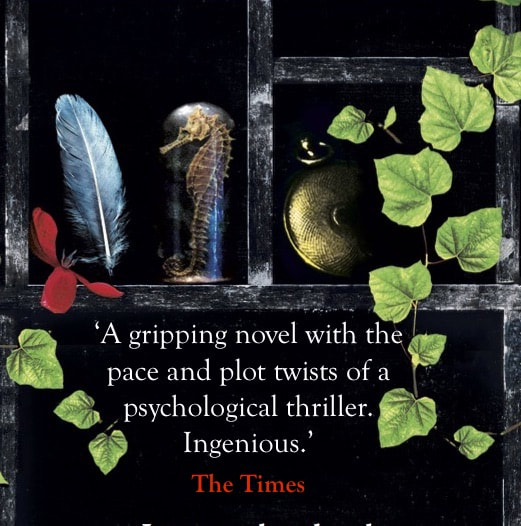
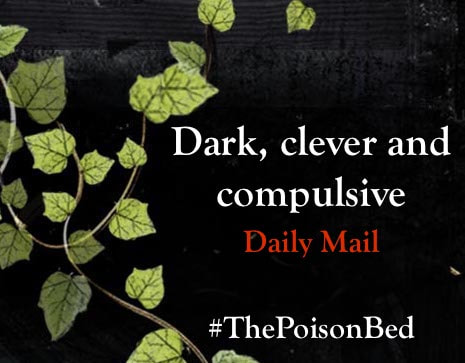
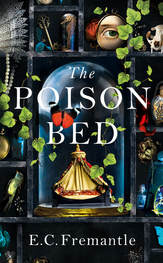
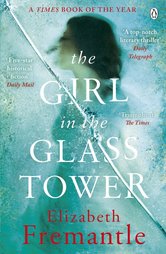
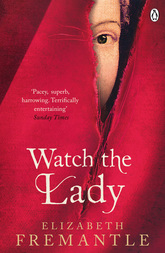
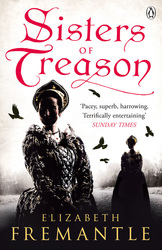
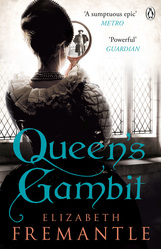
 RSS Feed
RSS Feed
